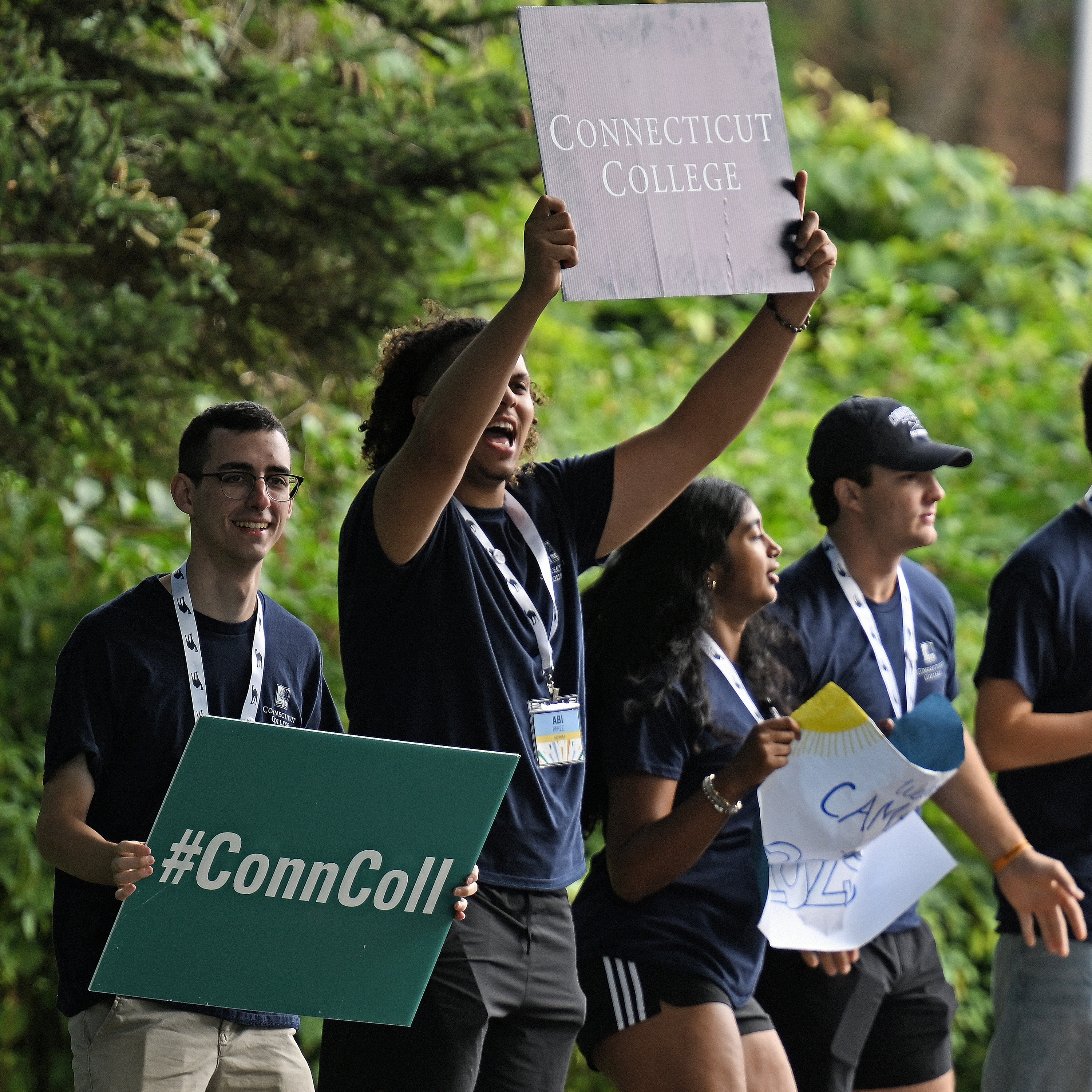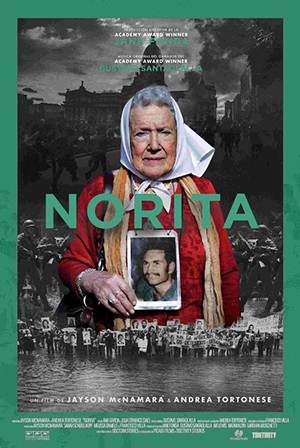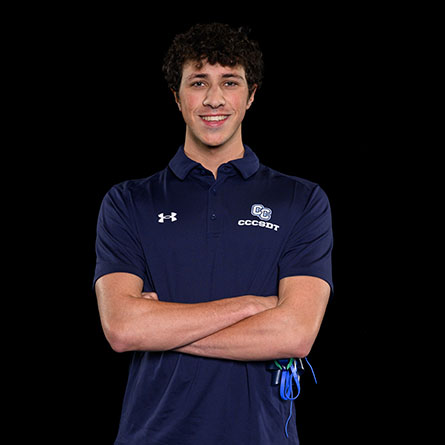
Lead Producer Sarah Schoellkopf ’97 brings ‘Norita’ to Conn

Sarah Schoellkopf ’97, a film producer and founder of the production company DoctoraStories, returned to Connecticut College earlier this month to introduce and screen the documentary Norita for students, faculty, staff and alumni at Silfen Auditorium in Bill Hall.
The film, made by directors Jayson McNamara and Andrea Carbonatto Tortonese and several producers, including Schoellkopf as a lead producer, chronicles the evolution of Nora “Norita” Morales de Cortiñas from a concerned mother to one of Latin America’s most well-known and influential activists through the use of archival footage, talking head interviews, and animated recreations. Thoughtful and generous, the movie brings to life a part of modern history many Americans are unlikely to learn about in school.
In 1977, Argentina’s military dictatorship kidnapped and disappeared several activists who spoke out against the government, including Morales de Cortiñas’ 24-year-old son Gustavo. Motivated by the hope of finding him and a desire to honor his passions, she made his cause her own. Alongside the Mothers of the Plaza de Mayo—a group of homemakers, mothers and wives who found themselves in similar situations—Morales de Cortiñas began to campaign for the return of the abducted and a recommitment to civil liberties. As days became weeks, months, years and, eventually, decades, she continued to engage in peaceful protest and political organizing. Her quest to discover the truth about those abducted grew to include larger questions of democracy, justice and women’s rights.
Schoellkopf’s interest in the Mothers of the Plaza de Mayo and Morales de Cortiñas began while she was at Conn studying Hispanic and Latin American studies and sociology. She told the audience, “Basically this is my entire CISLA [Toor Cummings Center for International Studies and the Liberal Arts] project, my dissertation project, my Fulbright project, on screen.”
Schoellkopf is a tremendous fan and supporter of the College—her production shingle features a camel in reference to Conn. Still, her visit to New London was hardly the film’s first screening. In fact, she and the other filmmakers have worked hard to show it in as many places as possible, especially in Central and South America.
“It’s been in almost 400 theaters, community centers, colleges, universities, activism areas all over Latin America,” she explained. “We’ve been to several festivals. It’s been amazing.”
Schoellkopf pointed out that while the seeds of the film date back over 25 years and that it chronicles events dating back to the 1970s, Norita is not a project of a bygone era.
“You’re going to feel like you’re watching today’s news,” she promised in a brief address before the screening. “We are seeing the same language they used then to demonize people now.”
Despite the tenor of the time, traveling with the film has given Schoellkopf plenty of cause for optimism.
“Students have a voice,” she asserted. “Showing the movie has been an overwhelming experience. People’s reactions to it are why I’m so passionate about it. I’m very proud of this film and how people have received it.”
After the showing at Conn, one student shared that her father, who had grown up in Latin America, was excited and tearful upon learning he’d soon see Norita at his local community center.
“Thank you so much for this,” the student told Schoellkopf. “This means so much to me and my family.”
